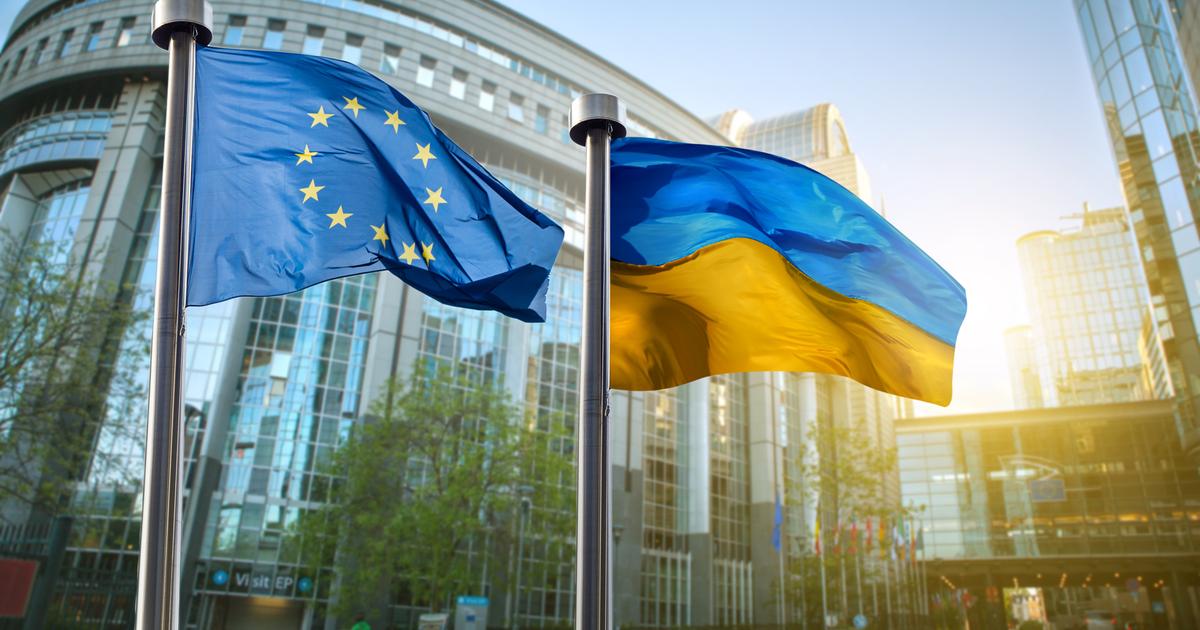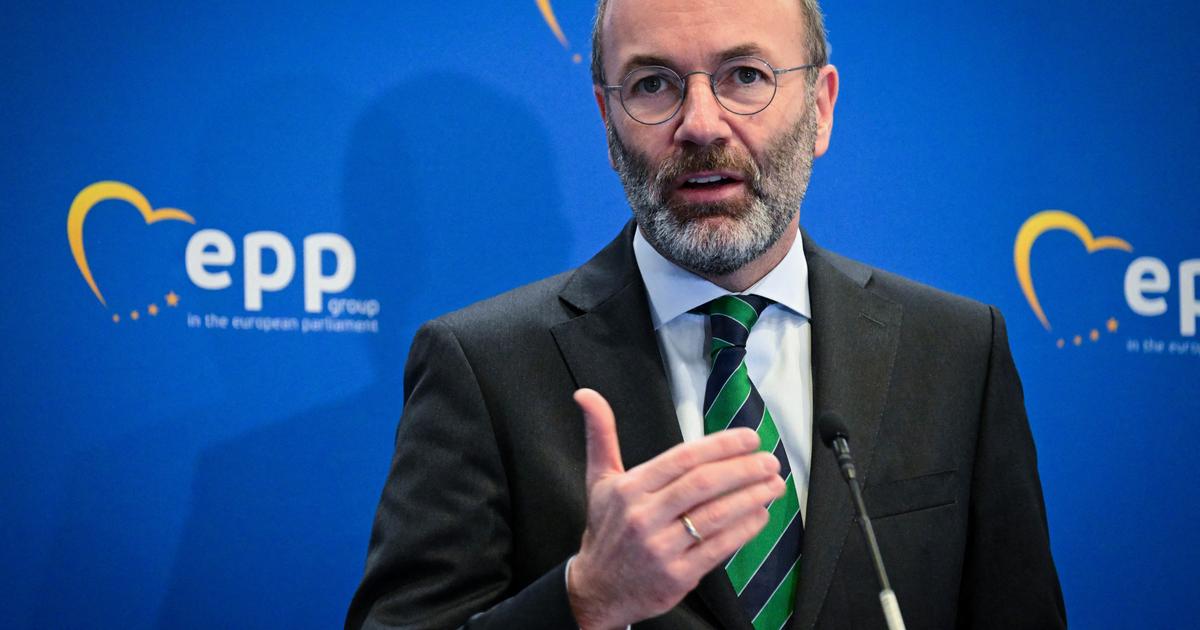At the heart of tough negotiations, the European asylum reform passed a key stage on Tuesday, with a first vote in Parliament on several major texts, in particular on solidarity between Member States in the reception of exiles.
The migration issue has returned to the top of the European agenda: asylum applications have started to rise again in the EU and migrants regularly die trying to cross the Mediterranean on makeshift boats.
The European Commission presented in September 2020 a “
Pact on migration and asylum
” in order to ensure a better distribution of asylum seekers within the bloc, a new attempt at reform after the failure of the compulsory quotas decided in the wake of the 2015 refugee crisis. Four texts of this reform, amended by MEPs, were broadly approved on Tuesday by the Parliament's Civil Liberties and Home Affairs Committee, paving the way for negotiations with the Member States which look tough.
Elements of balance
"
Migration challenges arise for all European countries, and I am really happy with this very positive sign given to the population, we want a harmonized European response, rules, and reinforced solidarity between the Member States", reacted
the French MEP Fabienne Keller (Renew Europe, centrists and liberals), rapporteur for one of the texts.
She considered that the reform contained "
elements of balance
" likely to respond to the various concerns of the Member States, recalling the common objective of reaching a final agreement on the whole reform before May 2024.
"
We are faced with a choice: either the EU is heading towards an impasse in the area of migration policy, or we are trying to find constructive and common solutions
", urged Swedish MEP Tomas Tobé (EPP ), rapporteur of the central text, reforming the criteria of the Dublin Regulation.
Under current rules, the country generally responsible for processing an asylum claim is the one through which a migrant arrived in the EU, placing a burden on countries such as Malta, Italy, Greece or the EU. Spain a burden which they consider disproportionate.
“Balanced Combination”
The reform proposal seeks to strengthen the criterion of the presence of a family member of an asylum seeker in a Member State.
It broadens the notion of family ties and introduces a new criterion, according to which the European country issuing a diploma is responsible for processing the asylum application of its holder.
A mandatory solidarity mechanism is planned for Member States faced with migratory pressure, in particular the disembarkation of migrants after a rescue operation at sea. The Commission provided that Member States could, if they did not take in asylum seekers arrived in a country of first entry (relocations), help these countries by paying for the return of irregular migrants, but this mechanism has been abandoned.
“
Relocations are the main contribution to alleviating migratory pressure.
However, Member States can also contribute through measures
” of financial, material or human support, explained Mr. Tobé, referring to “
a well-balanced combination, which offers both solidarity and flexibility
”.
Reinforced border controls
In addition, there are plans for reinforced checks on migrants at the borders, and accelerated asylum procedures for nationals of countries considered to be safe and having statistically the least chance of obtaining protection status in the EU.
In 2022, more than 880,000 first asylum applications were lodged in the EU, mainly by Syrians, Afghans, Venezuelans and Turks, mainly in Germany, France, Spain and Austria, according to the latest Eurostat data. , which notes a 64% increase compared to 2021.
Many European countries, Austria in the lead, are demanding that the EU finance fences to prevent the arrival of migrants, particularly at the Bulgaria-Turkey border.
Meeting at the summit in February, the leaders took an ambiguous position on this subject.
If the leader of the EPP group (right), the main political force in the European Parliament, the German Manfred Weber, supports the idea of financing these walls, the Budget Committee voted against it in a vote on Tuesday morning.















/cloudfront-eu-central-1.images.arcpublishing.com/prisa/EXJQILQR5QI7OMVRTERD7AEZAU.jpg)